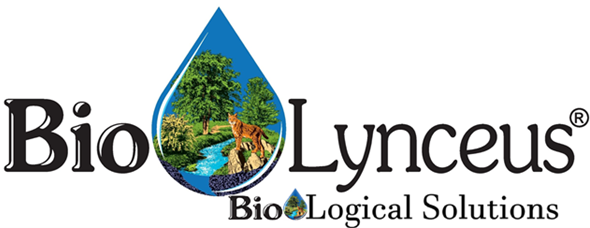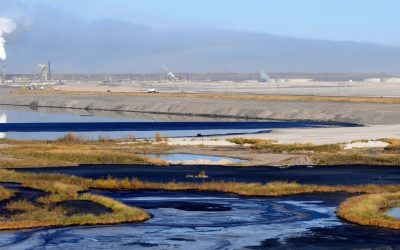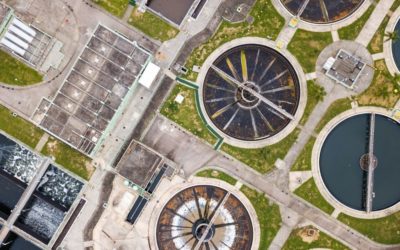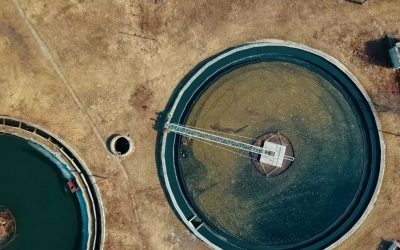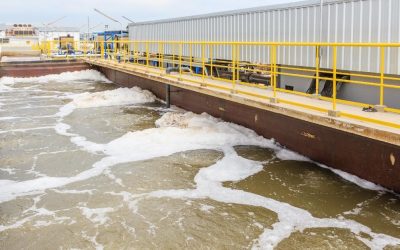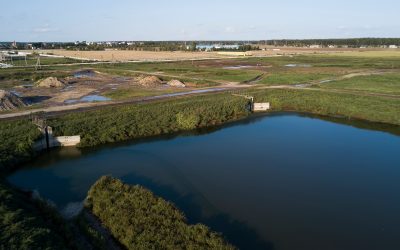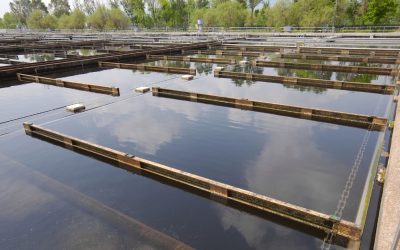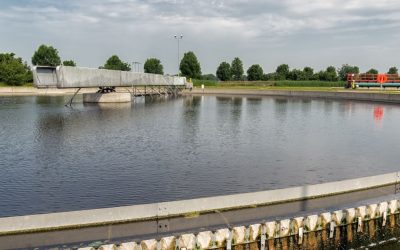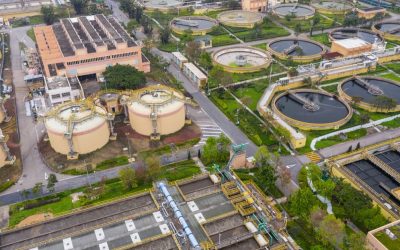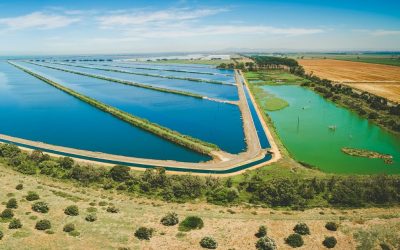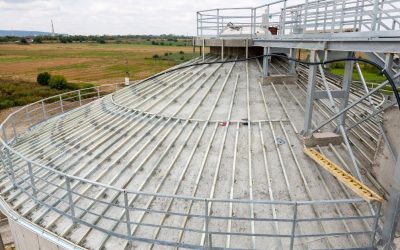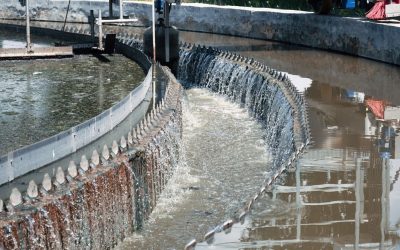Solids Reduction
Solids Reduction Has Become Less Expensive!
For over 25 years, our team at BioLynceus® has been reducing solids in municipal, industrial and animal wastewater treatment
Our proprietary products are injected directly into the wastewater stream to augment normal biological treatment process. The diverse microbial mix of our ProBiotic Scrubber® products work to improve the breakdown of solids in the influent water.
How Does Your System Benefit From Treatment With ProBiotic Scrubber®?
When ProBiotic Scrubber® is added to the treatment process, a concentrated consortium of beneficial bacteria goes to work to help reduce BOD and TSS. The microbial mix of ProBiotic Scrubber® contains bacteria species that specialize in breaking down cellulose material that may not be present in the native wastewater bacteria communities. By adding ProBiotic Scrubber® to the treatment process, solids digestion is improved without the use of any chemicals.
BioLynceus® provides solutions for water, plants and soils. ProBiotic Scrubber® programs are used to remove lagoon sludge (biodredging) and reduce mechanical plant solids.
Bio-Dredging Solids in a Lagoon System
Lagoon System 0.01 MGD Municipalities using lagoon systems for wastewater treatment are often challenged with accumulating solids in their treatment ponds. Municipal wastewater carries high organic substrate loads that can inhibit proper wastewater processing....
Solids Reduction in a Municipal Lagoon System
One of the most persistent challenges in lagoon wastewater treatment is solids (sludge) management. Lagoon systems are designed to reduce organic solids during wastewaterprocessing. Built up sludge is typically dredged from lagoon systems with heavy equipment. Once...
Solids Reduction in a Groundwater Recharge Storage Basin
Groundwater Recharge Basin 0.03 MGD Wastewater storage basins receiving discharge from municipal treatment plants can accumulate solids. With bioaugmentation, utilities can increase the biomass in wastewater systems to more effectively reduce solids.1 The following...
Solids and FOG Reduction in a Mechanical Wastewater Plant and Collection System
Mechanical Plant Collection System 0.3 MGD Fats, oils, and grease (FOG) build-up in wastewater collection lines is a persistent issue that has plagued many municipalities. Challenges arise when FOG and solids cause blockages in the transport pipes carrying influent...
Sludge Reduction in a Large Evaporative Lagoon
Evaporative Lagoon 0.9 MGD Sludge accumulation is common in municipal lagoon systems. These processes are often overloaded with poorly degraded solids in influent wastewater flows. Toimprove solids reduction and overall treatment quality in the above lagoon systems,...
Solids Treatment in a Wastewater Lagoon System
Wastewater Lagoon System 0.2 MGD Municipal wastewater lagoon systems are often challenged with solids accumulation due to high organic loadings. Excess sludge can severely inhibit the treatment process in these systems. Furthermore, to avoid the high cost and labor...
Sludge Reduction in a Lagoon System with ProBiotic Scrubber® II
Wastewater Lagoon System 0.8 MGD Excessive sludge accumulation and related treatment issues are often experienced in rural wastewater lagoon systems. A growing Wyoming city of 10,000 people were struggling with solids buildup in their lagoons. The biology in their two...
Solids and Hydrocarbon Reduction in Oil Refinery Aerobic Biological Treatment Units
Industrial Aerobic Biological Treatment Units 2 MGD An industrial oil refinery in New Mexico relied heavily on three aerobic biological treatment units (ABTUs) to process their high strength wastewater. The refinery processed 45,000 barrels of crude oil a day. Issues...
ProBiotic Dredging Explained
ProBiotic Dredging® Explained ProBiotic Dredging® is a proprietary process utilized by BioLynceus® to remove organic materials from fresh water lakes, ponds, wastewater lagoons and waste handling systems. For over twenty five years, BioLynceus® has been working...
How Do Wastewater Plants Remove Solids From A Digester?
When the wwtp process experiences difficulty in breaking down the solids an alternative is to have the solids removed. This often includes a third party who is qualified to handle the cleaning and removal of solids out of the digester.
Solids Handling and BioSolids Management
Have you seen our trainer's lately? The management of wastewater treatment, specifically sewage wastewater sludge and the residual sludge is a operational and management concern for sewer and treatment professionals. We provide training to wastewater treatment...
